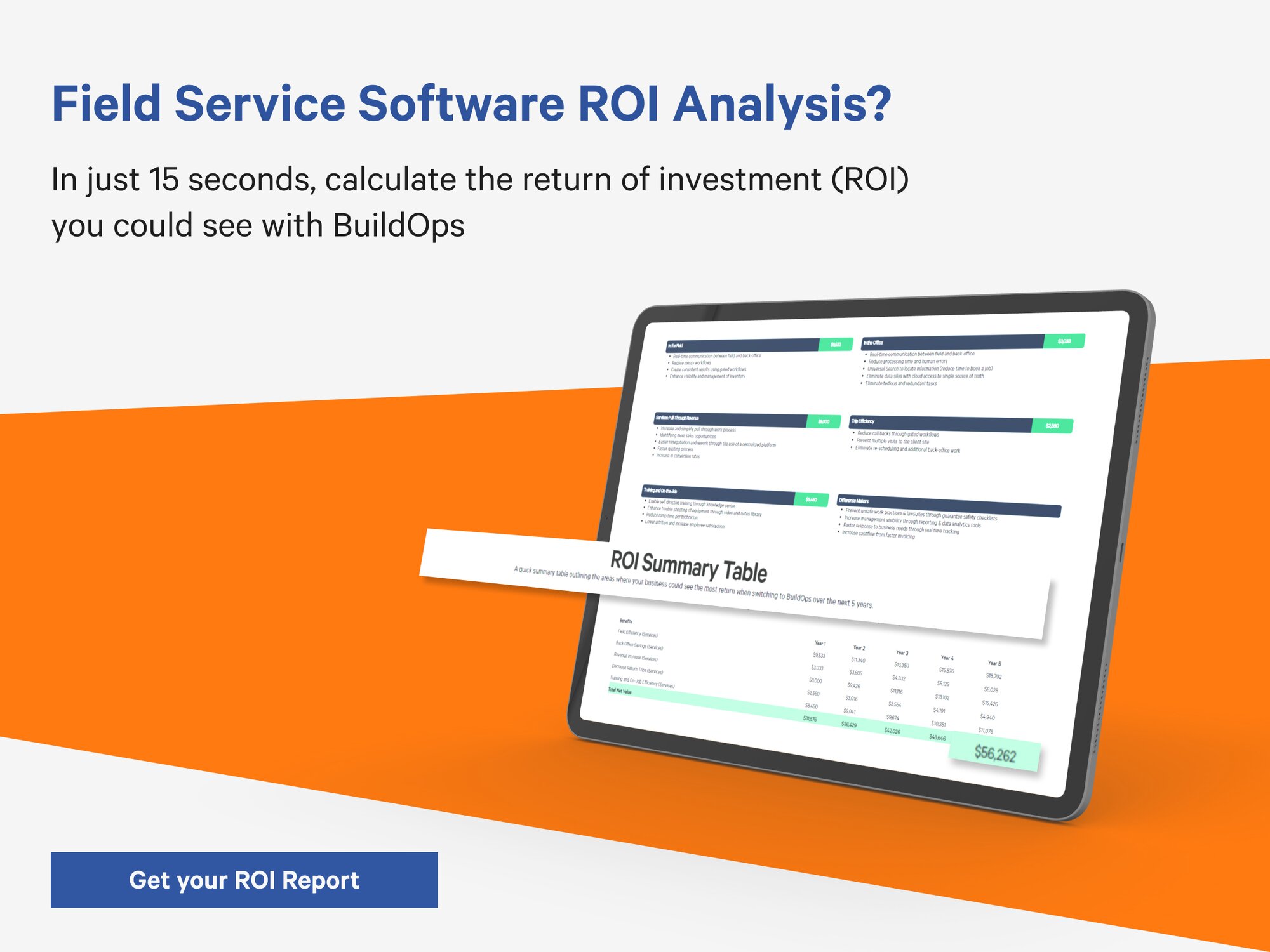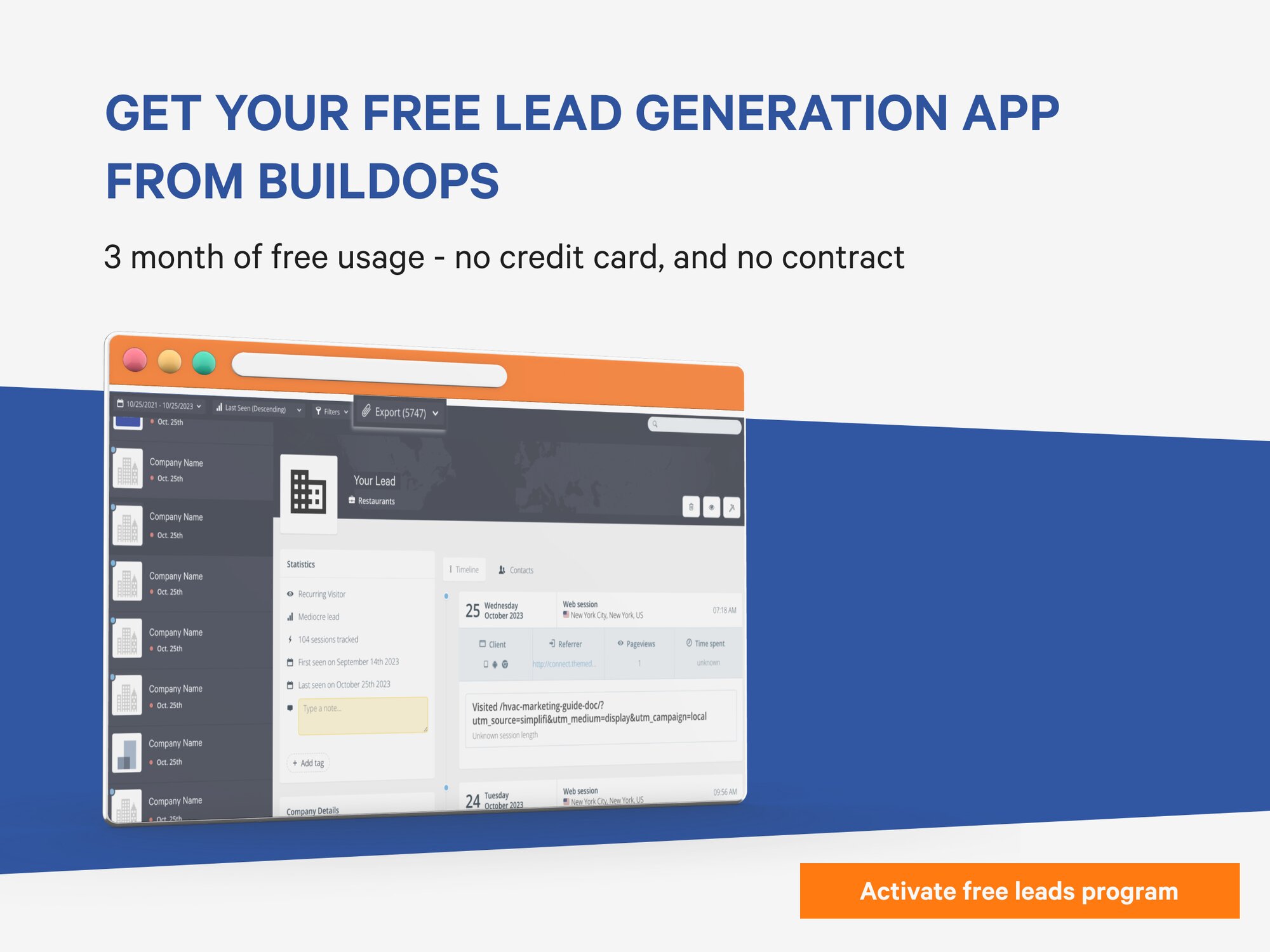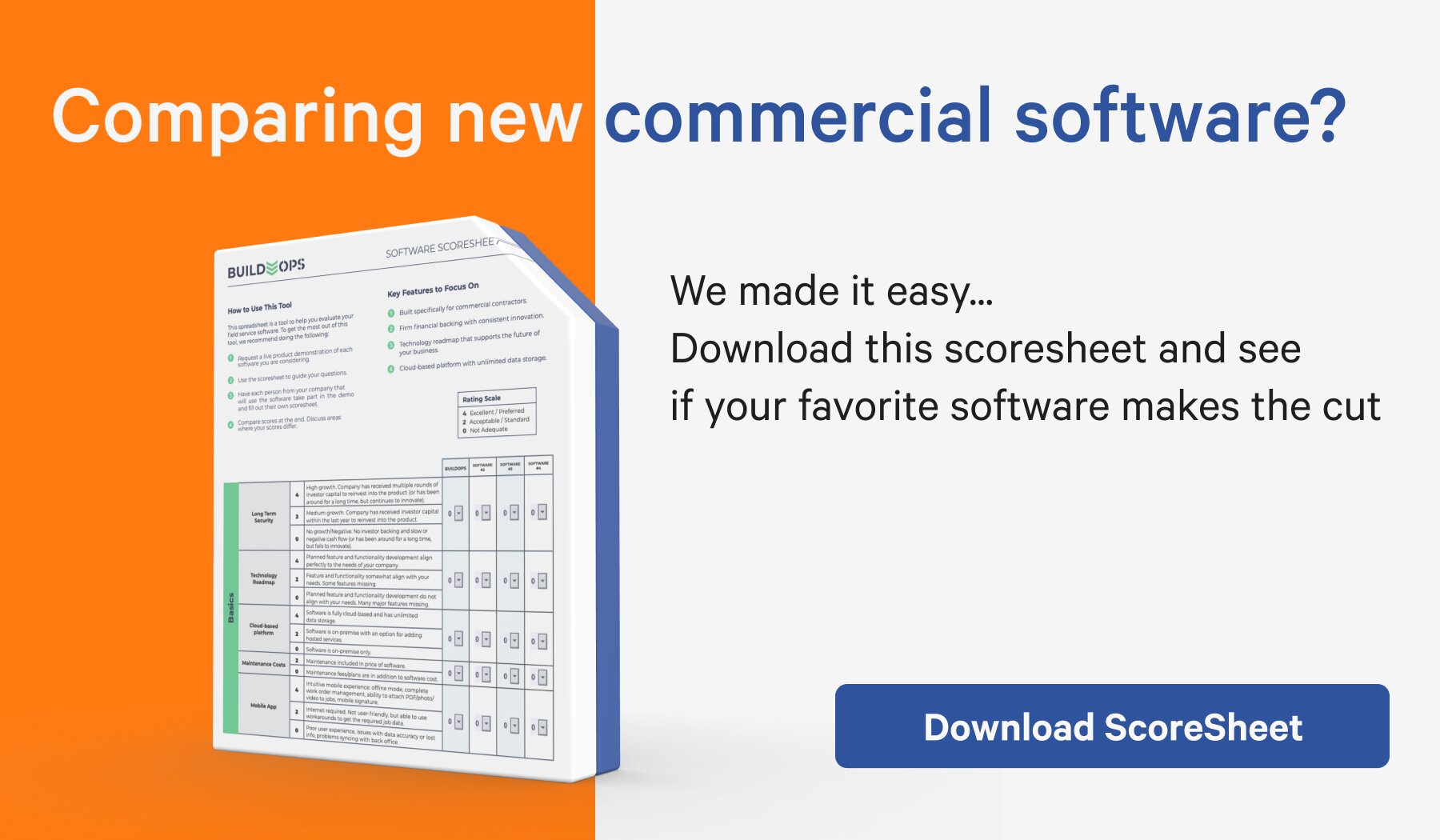Customer Relationship Management (CRM) allows consultants to streamline their ongoing business processes, build stronger customer relationships and save time and money when managing different projects.
CRM helps consultants to easily manage customer leads, track interactions and monitor customer engagement through their system. It enables easy access to customer information and simplifies the shared document storage process. Through a centralized system, consultants can reduce the number of duplicate efforts when entering customer data.
CRM keeps customers updated about the consulting activities and enhances productivity by Analyzing the customer data. On the other hand, CRM also provides accurate and efficient task management allowing consultants to quickly prioritize the most important projects. It also helps to identify trends and potential leads to build up customer relationships and close sales.
The automation of processes in CRM allows the consultant to stay organized and dedicate more time and energy to better serve their clients. This facilitates an even better customer experience, resulting in higher customer satisfaction and a higher return in long-term customer retention.
In conclusion, using CRM allows consultants to maximize their efficiency, strengthen customer relations, and create a better customer experience. A successful CRM solution can be the key to a successful and profitable consulting business.
How It Improves Efficiency and Productivity
CRM improves efficiency and productivity for consultants by streamlining business processes, tracking customer interactions, managing tasks, analyzing customer data, and sharing documents via a centralized system. Automation of processes within CRM makes it easier for consultants to stay organized and spend more time and energy on delivering excellent customer service, resulting in higher customer satisfaction and long-term customer retention. Ultimately, using CRM is key to a successful and profitable consulting business.
Benefits of Automation in Streamlining Consulting Processes
Automation in CRM helps consultants streamline their business processes and increase efficiency and productivity. Automated processes save time and money by removing duplication when entering customer data and simplifying the shared document storage process. Automation also enables consultants to quickly prioritize most important projects, identify trends and potential leads, build customer relationships, and close sales. Automation in CRM facilitates an even better customer experience, resulting in higher customer satisfaction and long-term customer retention. Ultimately, using automation in streamlining consulting processes helps consultants maximize their efficiency and build stronger customer relationships.
Increased Benefits of Creating a Centralized Database
Creating a centralized database provides consultants with many benefits such as improved customer experience, easier access to information, better customer relationship management, and easier task management. The database enables easy access to customer data and simplifies the shared document storage process. It also allows consultants to quickly prioritize the most important projects, track interactions, analyze customer data, identify trends and potential leads, build customer relationships, and close sales. The centralized database also automates updates to customers, resulting in higher customer satisfaction and a higher return in long-term customer retention. Ultimately, creating a centralized database helps consultants save time and money, improve their efficiency, and strengthen customer relationships.
Advantages of Using CRM for Monitoring Customer Interactions
Using Customer Relationship Management (CRM) enables consultants to monitor customer interactions, track customer engagement, and analyze customer data. With a centralized system, it is easy to access customer information and store shared documents. Automation of processes within CRM helps consultants stay organized and dedicate more time and energy to delivering excellent customer service, resulting in higher customer satisfaction. Monitoring customer interactions via CRM helps consultants identify trends and potential leads, build customer relationships, and close sales. Ultimately, utilizing CRM for monitoring customer interactions helps consultants maximize their efficiency, strengthen customer relations, and create a better customer experience.
How CRM Facilitates Better Task Management
Customer Relationship Management (CRM) helps consultants facilitate better task management by providing an efficient system to store and access customer data, track customer engagement, analyze customer information, identify trends and potential leads, build customer relationships, and close sales. Automation of processes within CRM reduces tedious work, saving time and money, and helping consultants stay organized and dedicate more time and energy to delivering excellent customer service. Ultimately, utilizing CRM for task management helps consultants maximize their efficiency, strengthen customer relations, and create a better customer experience.
How CRM Assists Consultants in Prioritizing the Most Important Projects
Customer Relationship Management (CRM) assists consultants in prioritizing the most important projects by providing an efficient system to store and access customer data, track customer engagement, analyze customer information, identify trends and potential leads, build customer relationships, and close sales. Automation of processes within CRM reduces tedious work, saving time and money, and helping consultants prioritize the most important projects quickly. Ultimately, utilizing CRM for project prioritization helps consultants maximize their efficiency, strengthen customer relations, and create a better customer experience.
Impact of CRM on Strengthening Relationships with Customers
Customer Relationship Management (CRM) enables consultants to streamline business processes, build strong customer relationships, track customer engagement, access customer information, and simplify the shared document storage process. Automation of processes within CRM reduces the amount of time and effort spent on tasks and simplifies the customer experience, resulting in higher customer satisfaction and a higher return in long-term customer retention. CRM also facilitates better task management, enabling consultants to prioritize the most important projects quickly, identify trends and potential leads, build customer relationships, and close sales. Ultimately, utilizing CRM for managing customer relations helps consultants maximize their efficiency and strengthen customer relations.
Benefits of CRM in Creating a Better Customer Experience
Customer Relationship Management (CRM) helps consultants create a better customer experience by streamlining business processes, tracking customer engagement, accessing customer information, analyzing customer data, managing tasks, sharing documents via a centralized system, and automatically updating customers. Automation of processes within CRM reduces the amount of time and effort spent on tasks, simplifies the customer experience, and helps consultants prioritize the most important projects quickly while also identifying trends and potential leads, building customer relationships, and closing sales. Ultimately, utilizing CRM to create a better customer experience helps consultants maximize their efficiency, strengthen customer relations, and create a long-term positive customer experience.
Key Takeaways
The importance of Customer Relationship Management (CRM) for consulting businesses cannot be overstated. CRM allows consultants to streamline processes, track customer interactions, manage tasks, analyze customer data, access customer information, share documents via a centralized system, and stay organized. Automated processes within CRM help consultants reduce time and effort spent on tasks, simplify the customer experience, prioritize the most important projects quickly, identify trends and potential leads, build customer relationships, and close sales. Ultimately, using CRM helps consultants maximize their efficiency, strengthen customer relations, and create a better customer experience, resulting in higher customer satisfaction and long-term customer retention.







